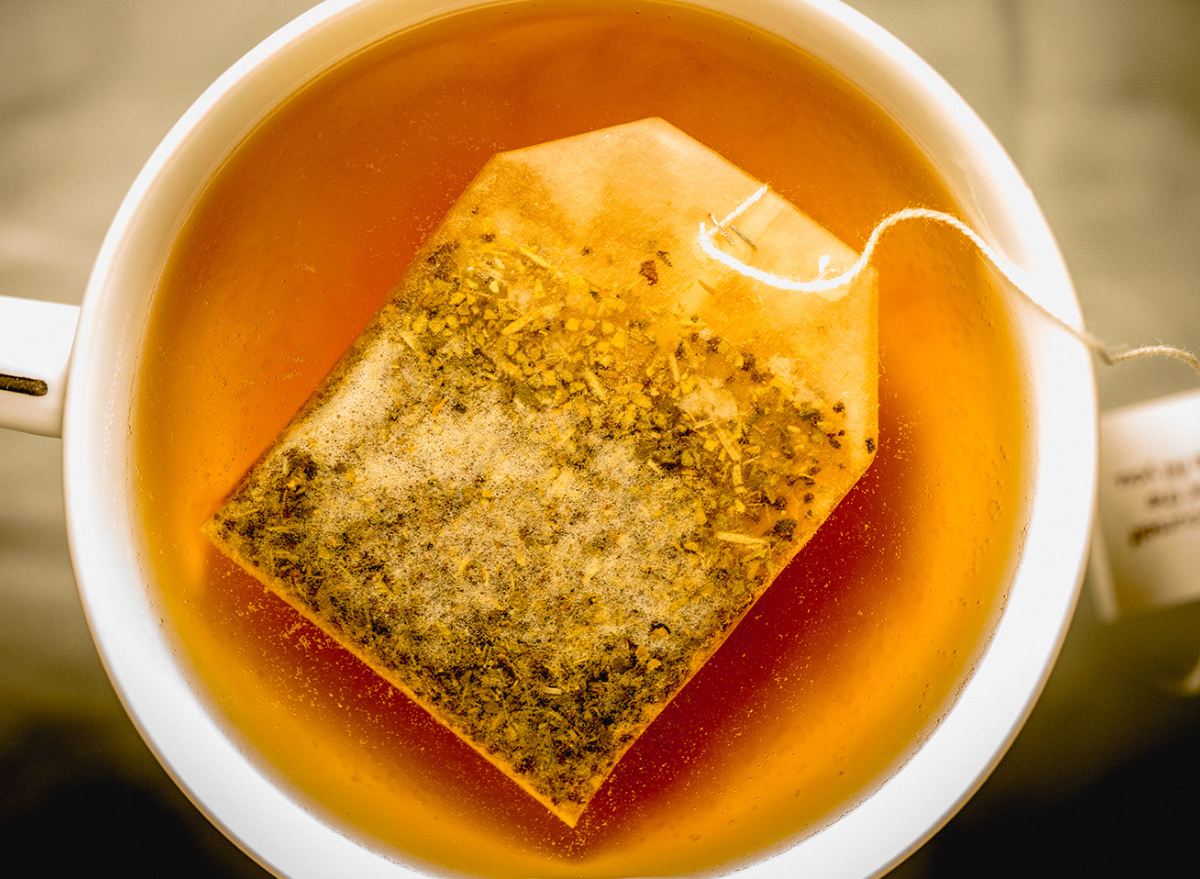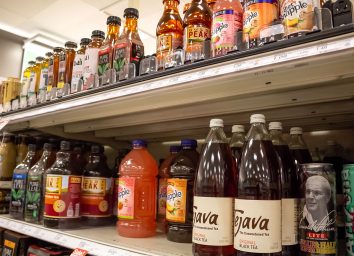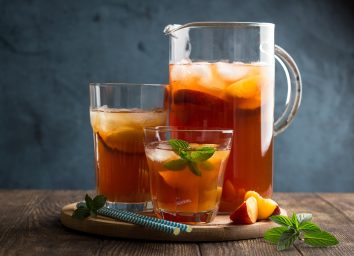One Major Side Effect of Making Your Tea With Tap Water, Says New Study

If your daily routine involves turning on the sink to fill the kettle and then heating that water to make tea, here's news that may surprise you: In a new study that looked at consumer brands of tea like Lipton and Twinings, scientists identified a chemical interaction when those teas encountered typical tap water.
A group of biochemistry and environmental science researchers in the U.S. and China have published a study in the peer-reviewed journal, Environmental Science & Technology. The scientists teamed up to discover that when boiled tap water is used to brew tea, the small amount of chlorine that's added to the water system to clean it can react with compounds in the tea to produce an effect known as "disinfection byproduct exposure."
RELATED: The One Vitamin Doctors Are Urging Everyone To Take Right Now
The Washington State Department of Health offers an insightful explanation of what disinfection byproducts are:
"Water systems add chlorine to drinking water to kill or inactivate harmful organisms in a process called 'disinfection.' During this process, chlorine also reacts with naturally occurring organic matter that may be present in drinking water. Chlorine disinfection byproducts (DBPs) can form during this chemical reaction."
The scientists who conducted this study recognized the possibility that, since most teas contain noteworthy chemicals (many which benefit health), chlorine could also be a player in your cuppa.

They sought out this effect by testing tap water on Twinings green tea, Lipton tea, and an unnamed brand of Earl Grey tea. As a result, they report: "In many cases, measured [disinfection byproduct] levels in tea were lower than in the tap water itself."
To be more specific, the addition of standard chlorinated tap water brought out disinfection byproducts in those samples of tea by 12%. The byproducts that emerged included dichloroacetic acid, which is a chemical in some medications, and chloroform—which the Centers for Disease Control and Prevention says can lead to liver and kidney problems if it's consumed in large amounts.
It might sound serious, but, to be clear, this doesn't strongly suggest you should totally toss that tap water-steeped tea. In fact, the researchers state that more research should be conducted for greater understanding on the interaction between tea and water from the faucet.
Still—especially given the awareness that some beverages can interact with medications we take—the purity of your water in a you drink you enjoy every day may be something to keep in mind.
For food and wellness news delivered daily, get the Eat This, Not That! newsletter.
Keep reading:
- Drinking This Tea May Protect You Against Kidney Stones, New Study Says
- Drinking Tea May Reduce the Risk of This Cancer, Says New Study
- One Major Effect of Vitamin D on Your Bladder, New Study Says
- 3 Major Secrets to Living to 99, According to Betty White
- The #1 Best Nut to Eat to Reduce Inflammation, Says Dietitian








